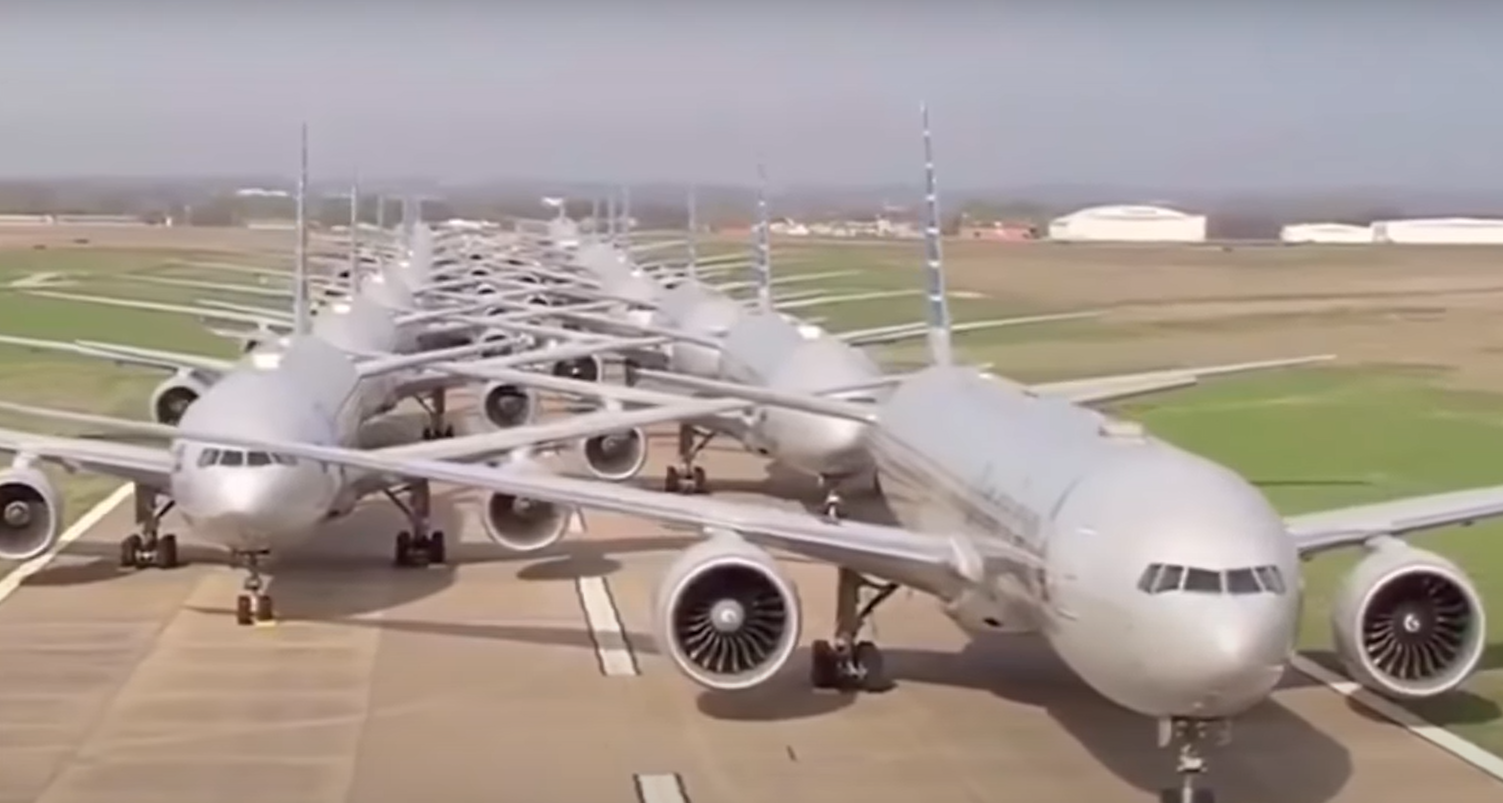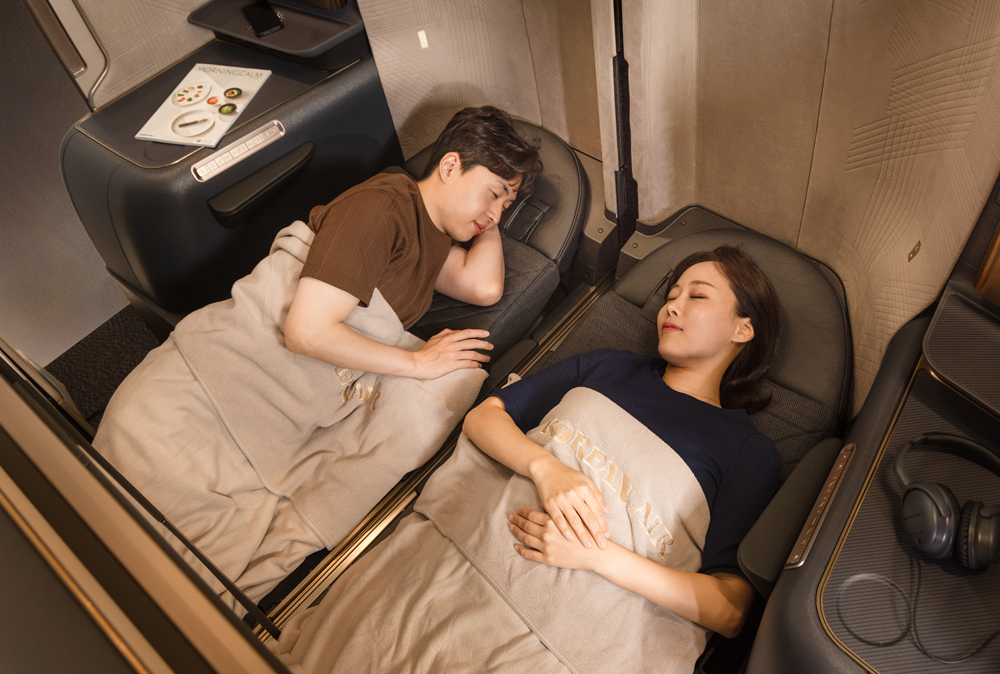5000 aircraft could stay grounded claims report
18 May, 2020
4 min read
By joining our newsletter, you agree to our Privacy Policy


The world airline fleet is set for its biggest clean out as operators focus on fuel-efficient lower maintenance models to conserve cash with up to 5,000 aircraft at risk of retirement.
According to a new report, “Commercial Aircraft: How many retirements? No Country for Old Airplanes,” New York-based Bernstein says that key issues are maintenance costs, long term fuel costs and the environmental issues.
Bernstein says while taking delivery of a new aircraft could be a financial burden, leasing and export credit agencies are available.
It adds that for aircraft to be delivered within the next 18 months, airlines will be under contract and normally have paid in a significant amount already in progress payments.
“We do not expect airlines to walk away from that paid-in cash, making this a big incentive to take delivery, although we are seeing airlines negotiate terms with Airbus and Boeing such as delay delivery timing,” Bernstein says.
READ: What is it like to take flight in a COVID-19 world.
A key issue is new aircraft are more fuel-efficient given newer engine technology and other factors.
Bernstein notes that “with low fuel prices today, many believe that airlines might decide to stay with their older equipment because the relative benefit of better efficiency has been reduced. But we have never seen that happen.”
“Airlines make purchase decisions on aircraft as 20+ year assets. Airlines cannot expect Brent crude to be at US$30 after the economy recovers and for the next 20 years.”
And Bernstein warns that after COVID-19 passes, a major issue will be the environment.
“Once the recovery is underway, carbon emissions and noise will again become prominent. As an example, the recent French government financing for Air France KLM requires an "ambitious environmental roadmap", Bernstein says.
Maintenance is a major issue and cost, with older aircraft more expensive than younger aircraft, and older aircraft more heavy structural work dealing with corrosion and fatigue.
“These costs also grow larger the longer an aircraft is parked, as additional C-Checks (major overhaul) and other maintenance work may be needed.”
Bernstein says that it is seeing older types such as A340s, 757s, 767s, 747s, and now even older 777s and A380s being scrapped.
Bernstein says that any aircraft over 15 years in age is a significant risk of retirement, particularly as they approach their heavy maintenance check sometime over the next 5 years.
For the widebodies, some could be converted to freighters as well.
The problem is the longer aircraft are parked, the less likely they will come back as a prolonged park triggers a C-Check which are generally performed roughly every 18 months,” says Bernstein.
Extended parking of an aircraft could easily trigger a C-Check, which can cost anywhere from US$400,000-US$800,000, depending on the aircraft claimed the report.
This results in 5,000 aircraft under significant retirement risk, and another 1,000 considered moderate risk.
Newer types are better for pilots and passengers, with modern flight decks and interiors say, Bernstein.
“They also are typically more capable (e.g. range/payload) and airlines that plan to be around post-recovery will generally look to reemerge with an attractive, modern fleet.”
A good example is the US giant Delta Air Lines, which will remove all its 777s from its fleet by end of the year and will also retire its fleet of the smaller MD-90s.
Virgin Atlantic has retired its entire fleet of 747-400s, and this comes after it had already accelerated the retirement of A340s.
The A380 super-jumbo has been hard hit says, Bernstein.
“Qatar Airways management has said that its A380s may never return. Even Emirates, the largest operator of the jet, has declared that "the A380 is over" and is reportedly looking at taking out a large fraction of its fleet. We do not expect Air France A380s to return.”
However, Australia's Qantas is continuing with heavy maintenance on its A380s.
Another noteworthy trend Bernstein says is that airlines only do replacements when there is an attractive option for replacement.
Now airlines have many attractive options such as the Airbus A350, Boeing's 787, and 777X twin-aisle aircraft, and at the smaller end of the market the A320neo family and the 737.
Next Article
2 min read
Qantas triples profit but misses mark

Get the latest news and updates straight to your inbox
No spam, no hassle, no fuss, just airline news direct to you.
By joining our newsletter, you agree to our Privacy Policy
Find us on social media
Comments
No comments yet, be the first to write one.

